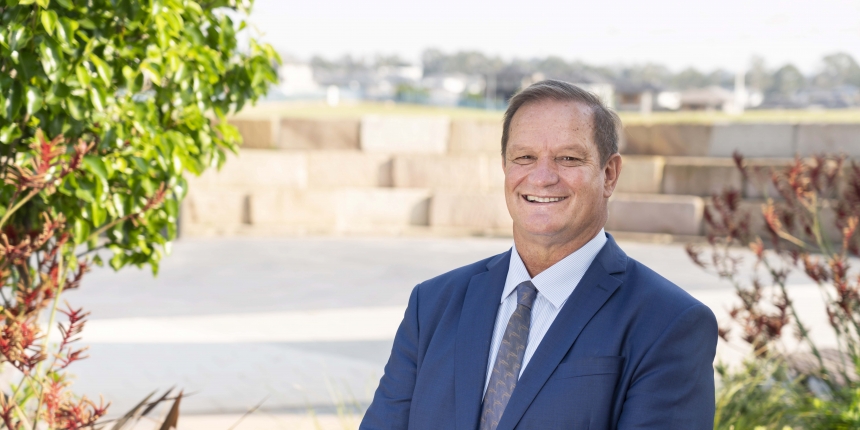Recently I was reviewing an Academic Report with a Senior Student who was feeling disappointed with his result.
As we were looking at one of the subjects being reported; I asked him what he thought was the most important component of the Report. Without pausing he pointed to the final grade. Of course, despite the importance of the grade, this was not the most important element. He then pointed to the assessment marks for each of the tasks. Again, not the most important part of the report. He was non-plussed at this because when people receive their report these are typically the first elements that everyone goes to. However, as I pointed out to the confused student, the most important component was the section reporting on the ‘attitude and effort’. We call these Learning Behaviours.
These behaviours use the language of our Positive Learning Classroom and include the terms like: Persevering through the Challenges, Respect and Responds to the Teacher, Manage their Distractions, Collaborates Effectively with Others, Engages in their Learning. These behaviours can be given a numerical value and clearly shows how much effort students have employed over the Semester. The really amazing thing was that this student immediately saw where he could improve. He wasn’t being judged by the Grade Score or his Assessment Results, but by his application. What he needs to improve from here is work on his application in the classroom. He felt that he could do this and when I followed up with him he felt that he was making positive progress.
We have really focussed on the Positive Learning Classroom with teachers and have tried to incorporate this into the way we report and encourage students right across the College.
The best students are not those who score the highest test grade or are the most talented in a particular skill area; the best student must be those who excel in growing in their learning, wisdom and service. This in turn is reflected in their Learning Behaviours.
Please take time to have a look at the current reports when they arrive. Ensure you familiarise yourself with the Learning Behaviours and be encouraged to have a conversation with your child around their application to learning.
Let’s have a great year together as we grow in Learning, Wisdom and Service.


